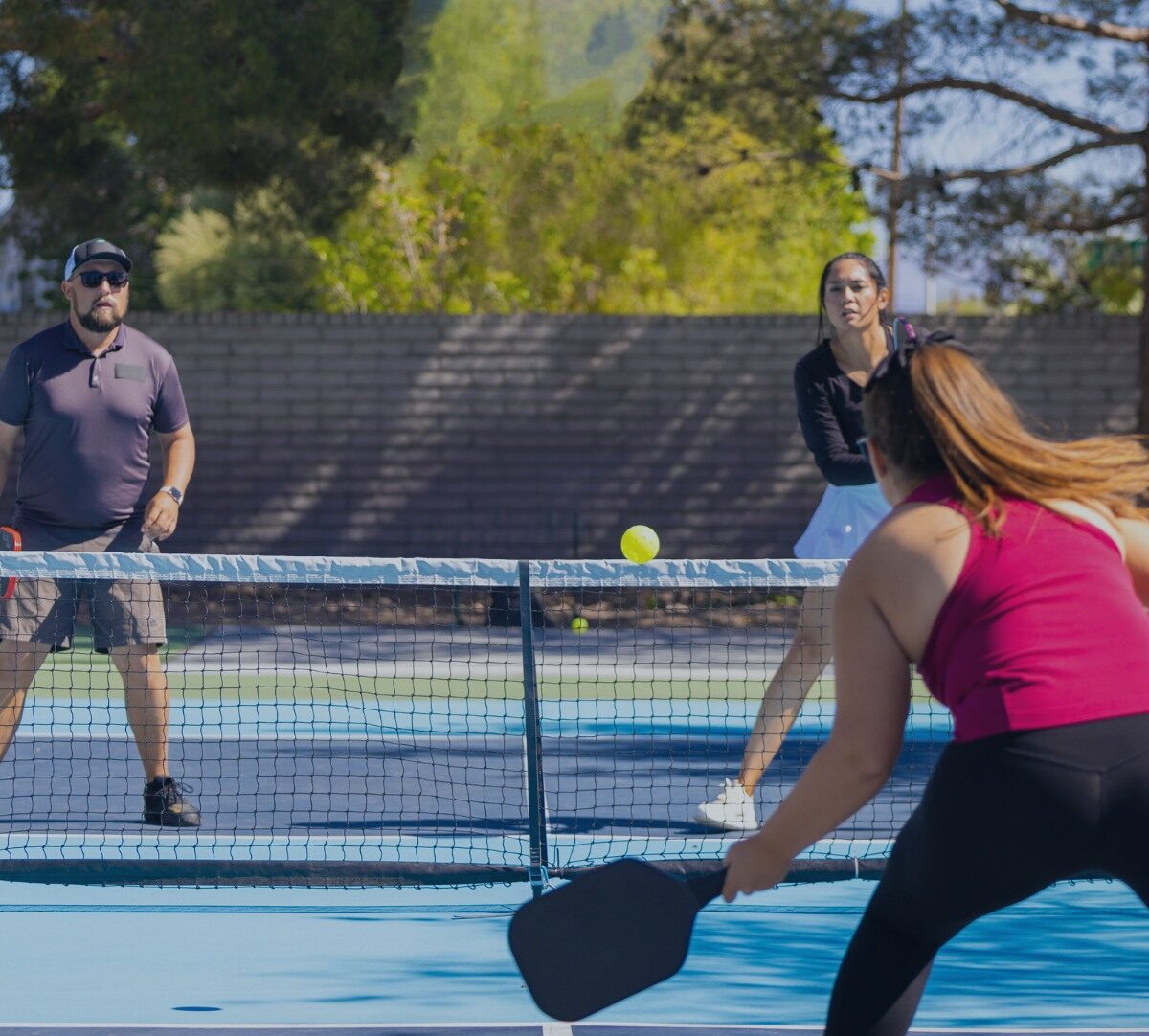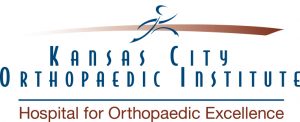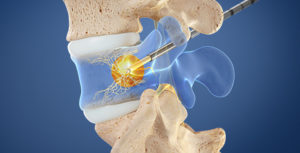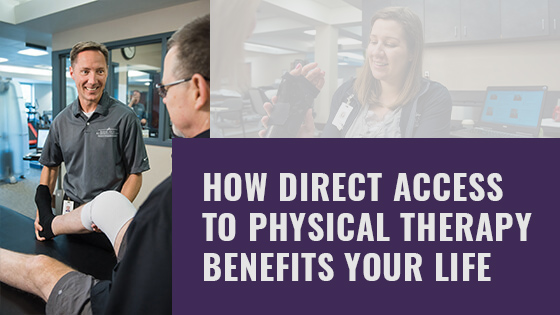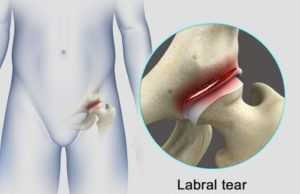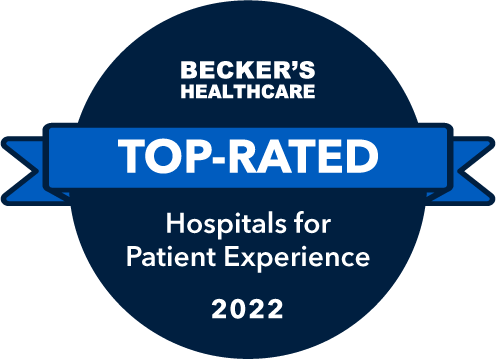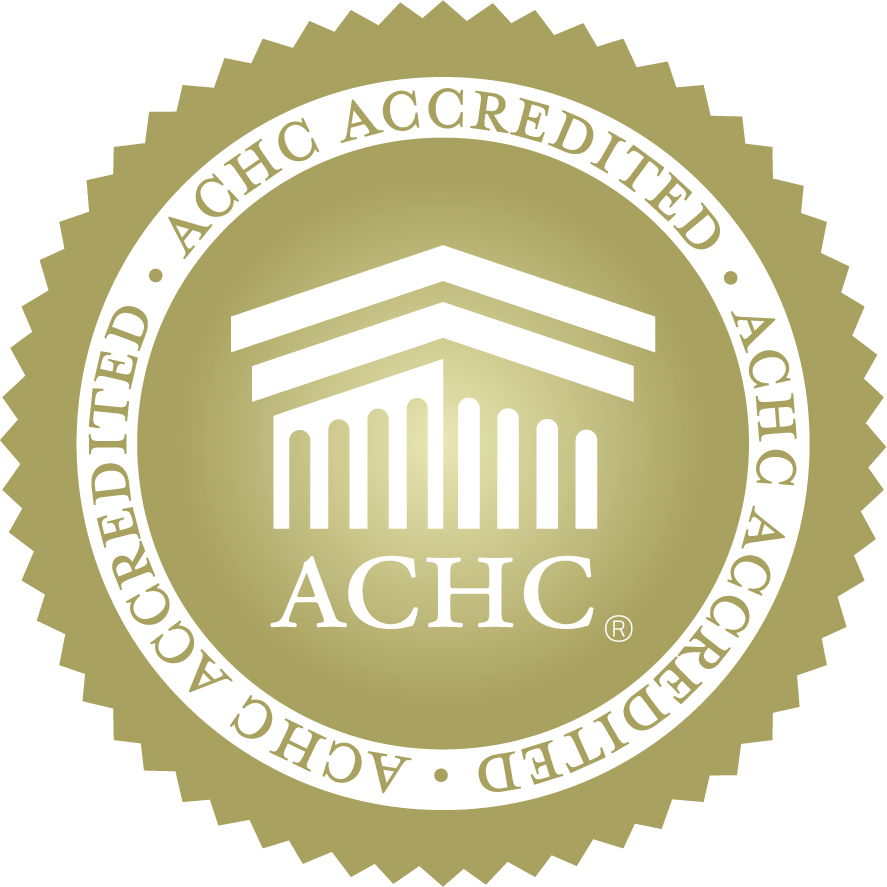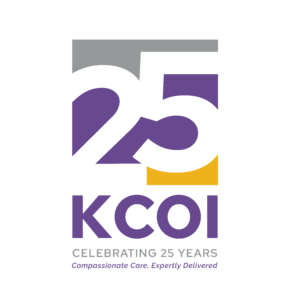Pickleball has exploded in popularity, offering a fun and fast-paced blend of tennis, badminton and ping pong. It’s easy to learn, highly social and offers a fantastic way to stay active. However, as with any sport that involves quick movements, pivots and explosive actions, pickleball comes with its own set of potential risks, particularly for the lower extremities.
At Kansas City Orthopaedic Institute (KCOI), our sports medicine specialists and orthopedic surgeons are increasingly seeing patients with pickleball-related injuries. While the game is generally considered low-impact, the sudden starts, stops and directional changes can place significant stress on your feet, ankle, knee, leg and hip. This post will delve into common lower extremity pickleball injuries, explain why they occur, and, most importantly, help you understand when it’s time to transition from self-care to professional orthopedic treatment.
The Rise of Pickleball and the Twist of Injuries
The explosion in popularity (and pickleball courts throughout the KC metro) means more people are playing, often without a prior background in racket sports or high-intensity activity. This broad appeal, while wonderful for public health, can also contribute to a higher incidence of injuries. Players might underestimate the demands the game places on their bodies, leading to improper warm-ups, pushing too hard too fast, or not recognizing the early signs of strain.
Common lower extremity injuries in pickleball frequently stem from:
- Sudden directional changes: Quickly moving side-to-side or forward-and-back puts immense pressure on ankles and knees.
- Repetitive impacts: Constant running and jumping on hard courts can stress joints and bones.
- Overextension or awkward landings: Reaching for a shot or landing off-balance can lead to sprains or strains.
- Lack of proper conditioning: Not adequately preparing your muscles and joints for the sport’s demands.
While this post focuses on lower extremity injuries, it’s worth noting that other common pickleball injuries can include issues with the wrist (from trip/falls or swings/strokes), elbow and shoulder (excessive swings/strokes).
Common Lower Extremity Pickleball Injuries
Let’s break down some of the specific lower extremity injuries our orthopedic experts at KCOI frequently diagnose and treat:
Ankle Sprains
Perhaps the most common injury in pickleball, an ankle sprain, occurs when the ligaments that stabilize your ankle are stretched or torn. This often happens during quick lateral movements, lunging for a ball, or landing awkwardly after a jump. You might feel a “pop” or tearing sensation, followed by immediate pain, swelling, bruising and difficulty bearing weight.
Achilles Tendinopathy or Rupture
The Achilles tendon, located at the back of your ankle, connects your calf muscles to your heel bone. The explosive push-off movements required in pickleball can put significant strain on this tendon. Overuse can lead to Achilles tendinopathy (inflammation or degeneration), characterized by pain and stiffness in the back of the heel, especially in the morning or after activity. A sudden, forceful push-off can also lead to a complete Achilles tendon rupture, which is often described as feeling like you’ve been “kicked” in the back of the leg, followed by severe pain and inability to push off your foot.
Knee Ligament Sprains (ACL, MCL, LCL) and Meniscus Tears
The knee is particularly vulnerable due to the twisting and pivoting motions in pickleball.
- ACL (Anterior Cruciate Ligament) injuries: Often occur with sudden stops, changes in direction, or awkward landings, leading to a “pop” sensation, instability, swelling and severe pain.
- MCL (Medial Collateral Ligament) injuries: Result from forces that push the knee inward, common during side-to-side movements or collisions.
- LCL (Lateral Collateral Ligament) injuries: Less common, caused by forces pushing the knee outward.
- Meniscus Tears: The menisci are C-shaped pieces of cartilage that cushion your knee joint. Twisting the knee while bearing weight can tear a meniscus, causing pain, swelling, clicking, catching or a feeling of the knee “giving out.”
Strains and Fractures
Hamstring Strains
The hamstrings, located at the back of your thigh, are crucial for running and stopping movements. Sudden sprints or lunges, especially without adequate warm-up, can lead to a hamstring strain, causing sharp pain in the back of the thigh, bruising and tenderness.
Calf Strains (e.g., “Tennis Leg”)
Similar to hamstring strains, calf strains (often called “tennis leg” in other sports, but equally applicable to pickleball) occur when the calf muscles are suddenly stretched or contracted beyond their capacity. This can happen during a powerful push-off or an abrupt stop, resulting in sharp pain in the back of the lower leg, swelling and difficulty walking.
Plantar Fasciitis
This condition involves inflammation of the plantar fascia, a thick band of tissue running along the bottom of your foot from your heel to your toes. The repetitive impact of running and jumping on hard pickleball courts, especially with inadequate footwear or foot support, can lead to heel pain that is often worse in the morning or after periods of rest.
Stress Fractures
While less common acutely, repetitive stress on the bones of the foot or lower leg (tibia, fibula) without adequate recovery time can lead to stress fractures. These are tiny cracks in the bone, causing localized pain that worsens with activity and improves with rest.
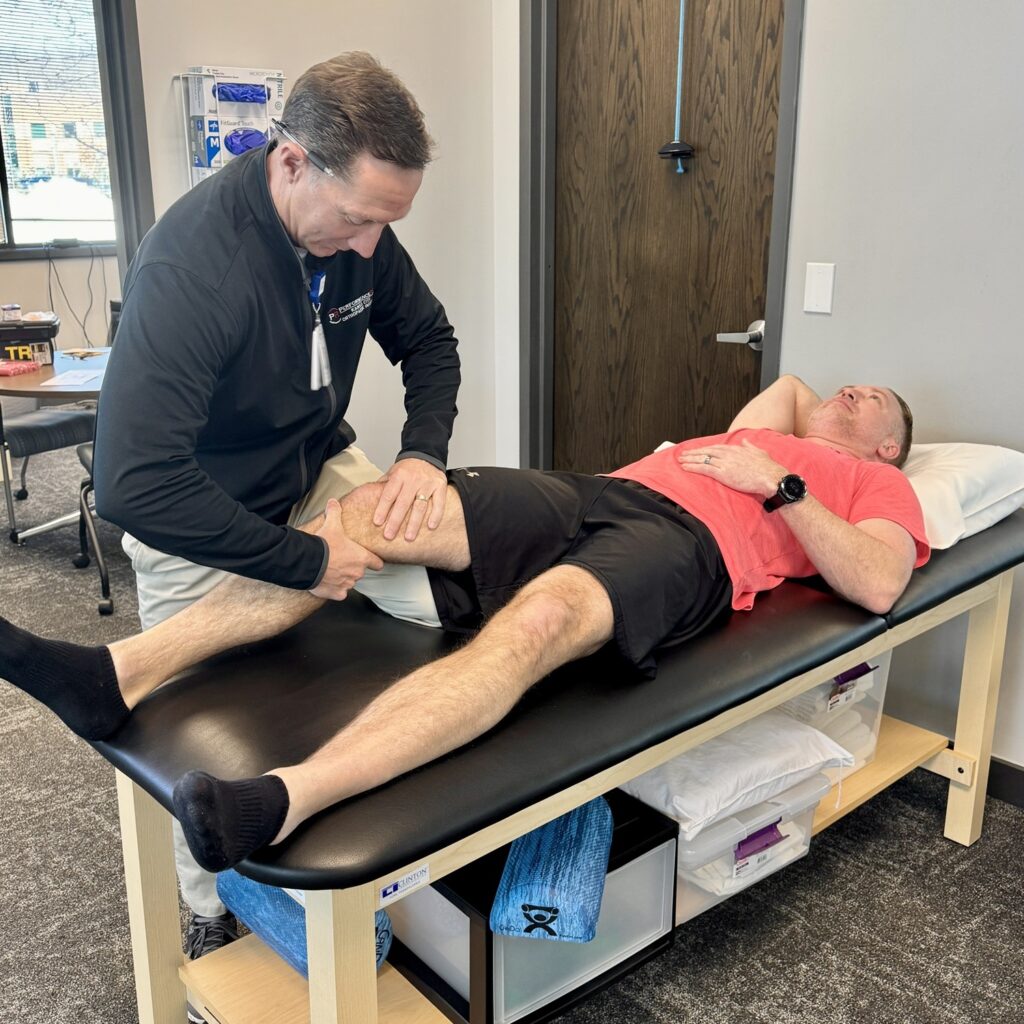
How to Know When You Need Orthopedic Treatment
It’s natural to have some aches and pains after playing a new sport or pushing yourself during a game. However, certain signs indicate that your injury is more than just a minor tweak and warrants evaluation by a sports medicine physician or orthopedic surgeon at KCOI.
Seek immediate medical attention if you experience:
- Sudden, Severe Pain: Pain that is excruciating and prevents you from continuing to play or bear weight.
- Deformity: If the injured area looks visibly crooked, swollen or out of place.
- Inability to Bear Weight: If you cannot put any weight on your foot or leg without excruciating pain.
- Audible “Pop” or “Snap”: Often indicative of a ligament tear (like ACL or Achilles) or a fracture.
- Loss of Function: If you cannot move the affected joint or limb normally.
- Numbness or Tingling: This could indicate nerve involvement and requires prompt evaluation.
Consider scheduling an appointment with an orthopedic specialist if you have:
- Persistent Pain: Pain that doesn’t improve with rest, ice, compression, and elevation (RICE method) after a few days.
- Swelling and Bruising that Worsens: Or does not subside after 24-48 hours.
- Limited Range of Motion: If you can’t fully straighten or bend your joint compared to the uninjured side.
- Instability: A feeling that your knee or ankle might “give out” or is unstable during movement.
- Recurring Pain: If the pain keeps coming back every time you play pickleball, even after resting.
- Chronic Aches: Persistent aches that disrupt sleep or daily activities, even if not acutely severe.
At KCOI, our team of orthopedic surgeons has extensive experience diagnosing and treating a wide range of sports-related injuries, including those sustained on the pickleball court. We utilize state-of-the-art diagnostic tools and develop personalized treatment plans, which may include physical therapy, injections or, in some cases, surgical intervention.
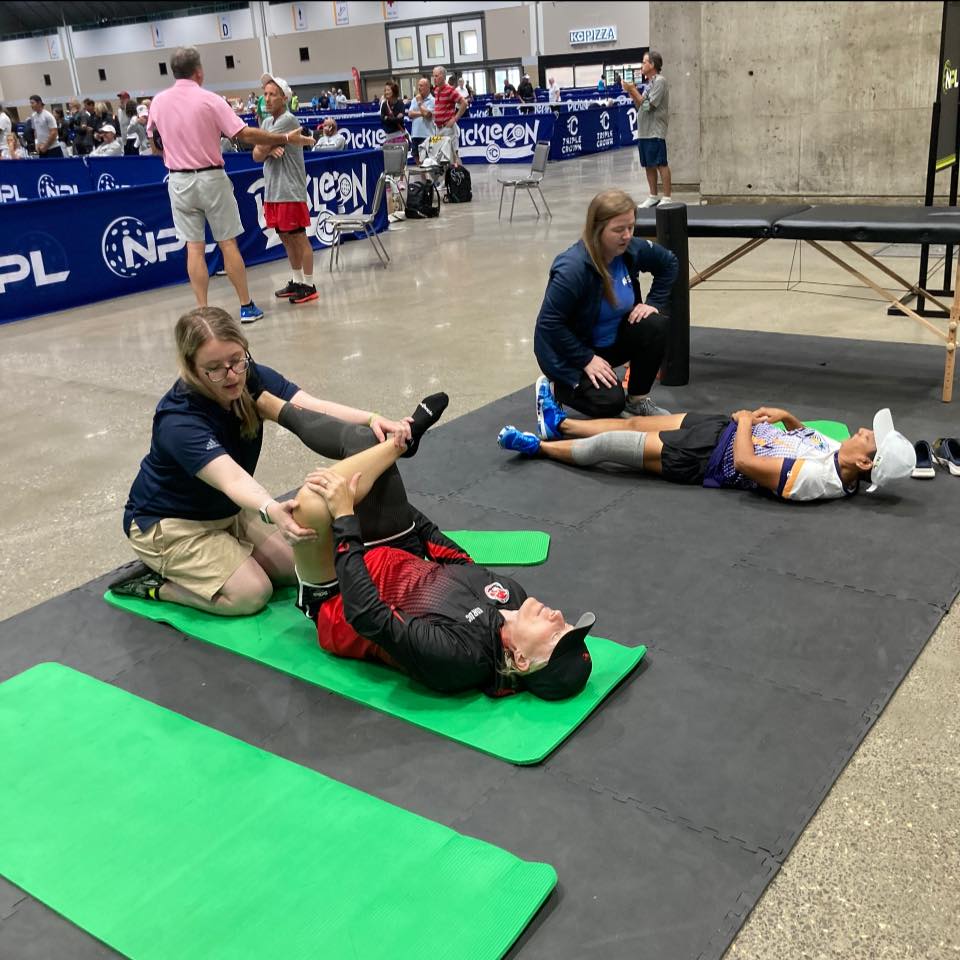
Preventing Pickleball Injuries: Play Smart, Stay Healthy
While injuries can happen, many can be prevented with proper preparation and smart play:
- Warm-Up Properly: Before stepping onto the court, spend 5-10 minutes with light cardio (jogging in place, jumping jacks) and dynamic stretches (leg swings, knee circles, ankle rotations).
- Cool-Down and Stretch: After playing, take 5-10 minutes to gently stretch the muscles you used, holding each stretch for 20-30 seconds.
- Wear Appropriate Footwear: Invest in court shoes that provide good lateral support and cushioning. Running shoes are not designed for the side-to-side movements of pickleball.
- Stay Hydrated: Dehydration can contribute to muscle cramps and fatigue, increasing injury risk.
- Listen to Your Body: Don’t play through pain. If something hurts, take a break. Push too hard and a minor ache can become a major injury.
- Progress Gradually: If you’re new to pickleball or haven’t played much lately, start with shorter sessions and gradually increase your playing time and intensity.
- Focus on Technique: Learning proper footwork and stroke mechanics can reduce undue stress on your joints. Consider lessons if you’re serious about the game.
- Strengthen and Condition: Incorporate strength training exercises that target your core, glutes, hamstrings, and calf muscles. Improve your balance and agility through drills.
Pickleball is a fantastic sport that offers countless benefits for physical and mental well-being. By being aware of potential lower extremity injuries and knowing when to seek professional orthopedic care, you can continue to enjoy the game safely and for many years to come.
If you’re experiencing persistent pain, instability, or any of the concerning symptoms discussed above, don’t delay. Our team at KCOI is here to help you get back on the court, pain-free.
Ready to get back in the game? Schedule a consultation with one of our expert orthopedic specialists at Kansas City Orthopaedic Institute today: Request an Appointment.
